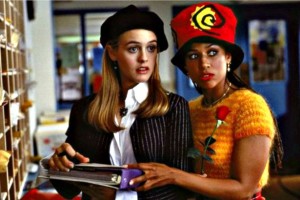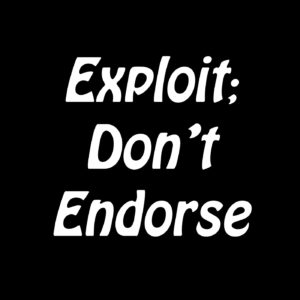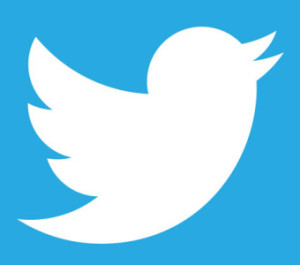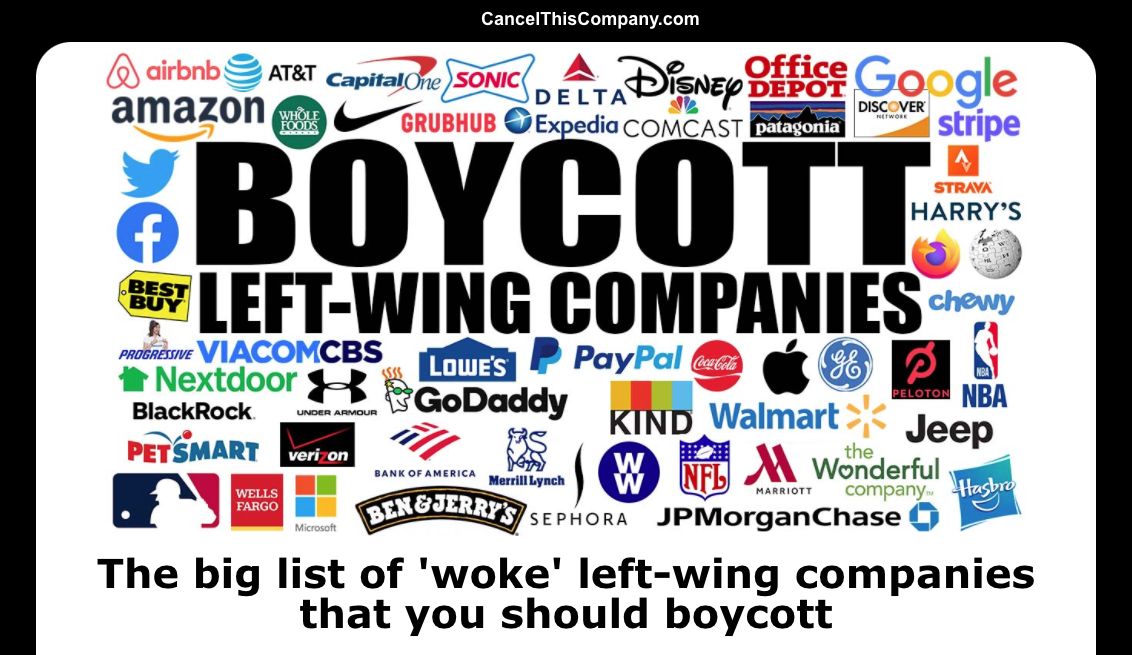It is important for people in today’s society to understand and be able to identify the differences between manufactured “Pop Culture” and genuine Popular Culture that comes from the people.
Since the dawn of modern mass media technology, the people in control of the media content have sought to shape the behavior, beliefs, and culture of the audience.
The printing press was used to make opinions popular, and influential newspapers would likely have held sway among their readership, which may have developed into popular opinion, but instant mass media technologies such as radio and television were utilized to much greater effect in creating artificial trends and the illusion of popularity or consensus.
When creating “Pop” culture, coordinated messages and tastes are presented with the intention that the audience will identify with these ideas in relation to their group, such that this proposed cultural content will displace any existing or nascent popular culture that would otherwise develop organically among the people by way of their natural traits, folkways, and values they hold. When “Pop” culture is already in place, it can be built upon with reinforcing messages that may appear comforting, familiar, and stimulating to the intended audience.
The existence of manufactured “Pop” culture can serve to prevent genuine Popular Culture from developing or gaining influence when the media controllers see it in their interest to do so.
It is important to recognize that “Pop” culture is something inauthentic that is being sold to the masses, just as it is important to promote and preserve genuine popular culture that reinforces the will and nature of its founding people. The culture that is in place has great implications for the future trajectory of its people. When media control is in the hands of an interested that would act at the expense of the people, harmful messages tend to result.
However, when media control is in the hands of several separate entities that may choose to work individually or in concert, genuine – if competing – popular cultures can arise. People are then more apt to find the media content and cultural tone that they seek and are natural to them.
Decentralized media control can serve as a check against exploitation. In today’s internet age, we currently have the means to protect and strengthen authentic popular culture. We mustn’t neglect this task.

























